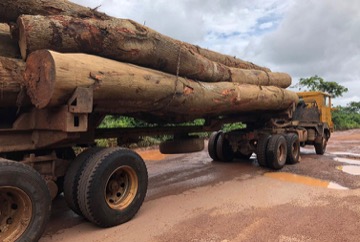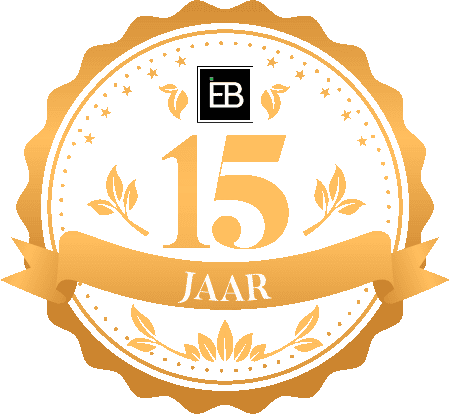What is EUTR?
EUTR is the acronym for ‘European Union Timber Regulation’. This European legislation prohibits the marketing of illegally harvested wood.
From the 3rd of March 2013, all companies within the EU that come into contact with the trade in wood, wood fiber, or products thereof, must comply with a number of requirements set within the EUTR.
The EUTR makes a distinction between companies that place the timber on the European market for the first time (Operators/Market participants) and the companies that sell these products (Traders).
What are EUTR Operators / Market participants?
Within the EUTR context, Operators or Market participants are companies who import wood (or products containing wood) from outside of the EU and place it on the European market.
These companies who place these products on the European market, in most cases the importer, are obliged to have a Due Diligence System in place to prove that the wood does not originate from illegal harvesting or trade.
The Due Diligence System (DDS) describes for example which information is being collected in which way, the associated risks and the related risk mitigating measures which have been put in place.
For each product that falls under the EUTR regulation, the risk of being associated with illegal harvesting needs to be negligible at the moment it enters the European market.
What are EUTR Traders?
Companies further down the supply chain are being called “Traders”. The EUTR also enforces requirements upon these companies.
The main requirement is the registration of the products purchased and sold. Traders are not required to have the aforementioned DDS in place. Obviously it is imperative for traders to ensure the legal sourcing of the purchased wood (products). Because, when the seller up in the supply chain does not comply with the EUTR requirements, the trader might be held responsible for the collateral damage.
Who is responsible for enforcing the EUTR in the Netherlands?
The NVWA is responsible for monitoring and enforcing the EUTR legislation in The Netherlands.
Control is based on risk-based sampling and notifications/signals from the marketplace or Dutch Customs.
Since a violation of the EUTR is an economic offence, sanctions will be imposed if requirements are not met. These sanctions range from the imposition of periodic penalty payments, seizure, revocation of commercial authority to imprisonment.
What does IEB offer for the EUTR?
IEB has been closely involved in the development and implementation of the EUTR in the Netherlands since 2012. We offer various services related to the EUTR.
For example, IEB can help you with setting up and maintaining your DDS for the benefit of the EUTR, as well as with risk assessment and risk mitigation measures.
IEB is also the appropriate party to perform EUTR supplier audits in the country of origin.
If you want to have your DDS verified, you can hire us for a EUTR Company Check. In case the check ticks all the boxes and shows that you meet all the requirements and you have applied all measures to the imported products as well, you will receive a statement from IEB. With this statement you can demonstrate to your customers that you comply with the EUTR.


